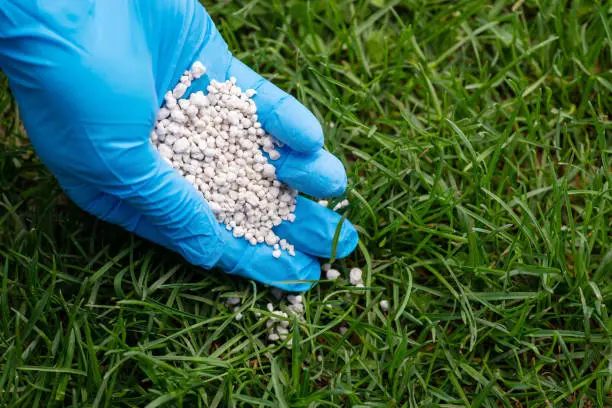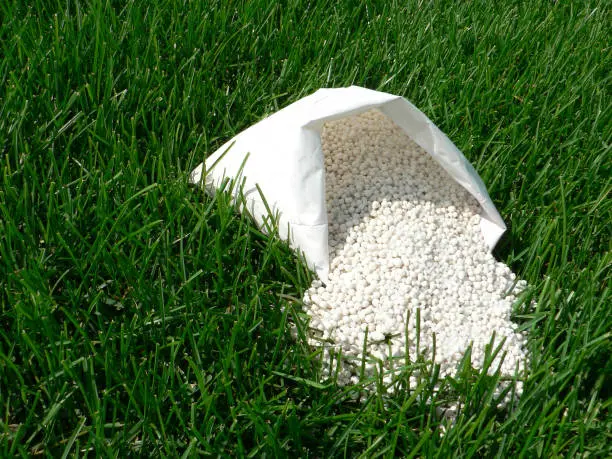Understanding How Often Should You Fertilize Your Lawn
Mastering Lawn Care: Optimal Fertilization Practices
Maintaining a lush, healthy lawn requires more than just occasional watering and mowing. One of the critical components of lawn care is fertilization which ensures your grass gets necessary nutrients for growth. However, the frequency of this task can vary based on several factors including grass type, soil quality, and climate conditions. Knowing how often should you fertilize your lawn is essential for nurturing a vibrant lawn.
Recognizing Your Grass Type
Cool-season grasses, such as bluegrass or fescues, thrive with fertilizer in early spring and fall when temperatures are mild. Conversely, warm-season grasses like Bermuda and zoysia benefit most from fertilizing in late spring through summer when their growth peaks. By aligning the fertilization timing with these growth periods, you enhance nutrient absorption and promote healthier turf development.
Seasonal Guide to Fertilizing Your Lawn
Your local climate plays a pivotal role in shaping your lawn fertilization strategy. In temperate regions, the standard practice involves nourishing your lawn during spring and fall. This approach prevents overstimulation of grass growth at times when it could be vulnerable to environmental stresses like heat or frost. During particularly hot or cold months, moderation is key; excessive fertilization can lead to weak growth and increased susceptibility to diseases.
- Spring: Kickstart your lawn’s growing season by applying a balanced fertilizer as soon as active growth begins.
- Summer: Ensure survival through scorching weather by using a slow-release fertilizer that nourishes the lawn gradually.
- Fall: Prepare your turf for winter by applying a potassium-rich fertilizer that enhances root strength and overall hardiness against freezing temperatures.
Sustainable Practices for Lawn Longevity
In addition to regular feeding schedules, adopting sustainable practices can greatly influence the health and durability of your lawn. Consider using organic fertilizers which are not only gentle on the earth but also promote microorganism activity in the soil—vital for natural soil fertility improvement. Also crucial is conducting soil tests occasionally to determine the specific nutrient needs of your turf; this prevents under or over-fertilization both harmful extremes that affect turf vitality.
More About on How Often Should You Fertilize Your Lawn
The frequency at which how often should you fertilize your lawn varies depending on multiple factors related directly to where you live, what kind of grass covers your backyard, and how aggressively it grows throughout various seasons. EcoFriendly Landscaping in St. George, UT offers expert guidance tailored specifically to regional conditions ensuring optimal results. Contact us today at (435) 266-5909 to schedule an assessment tailored just for you!

